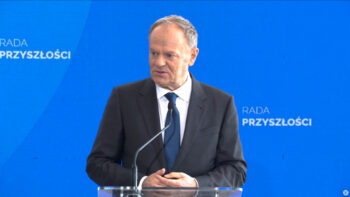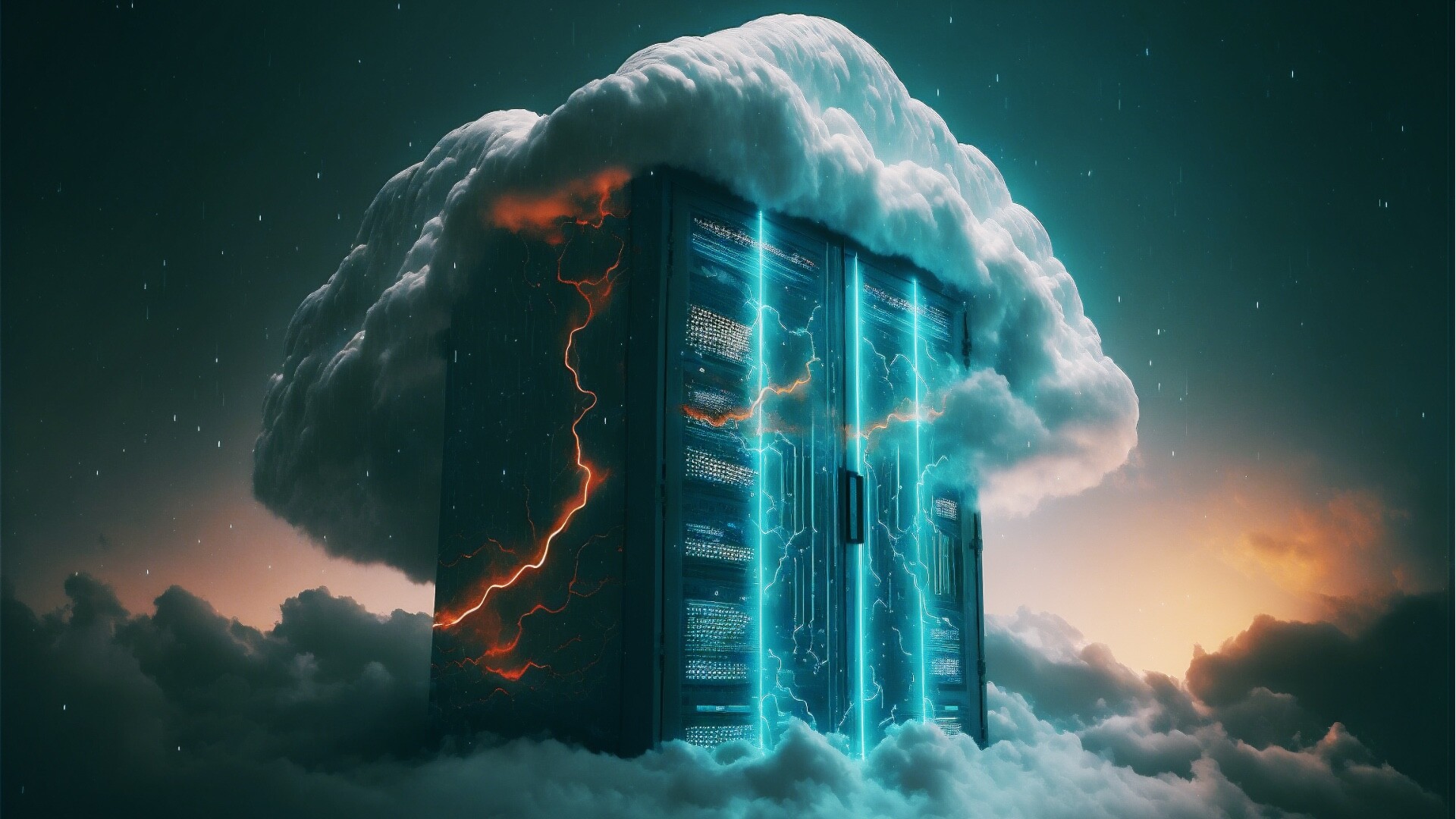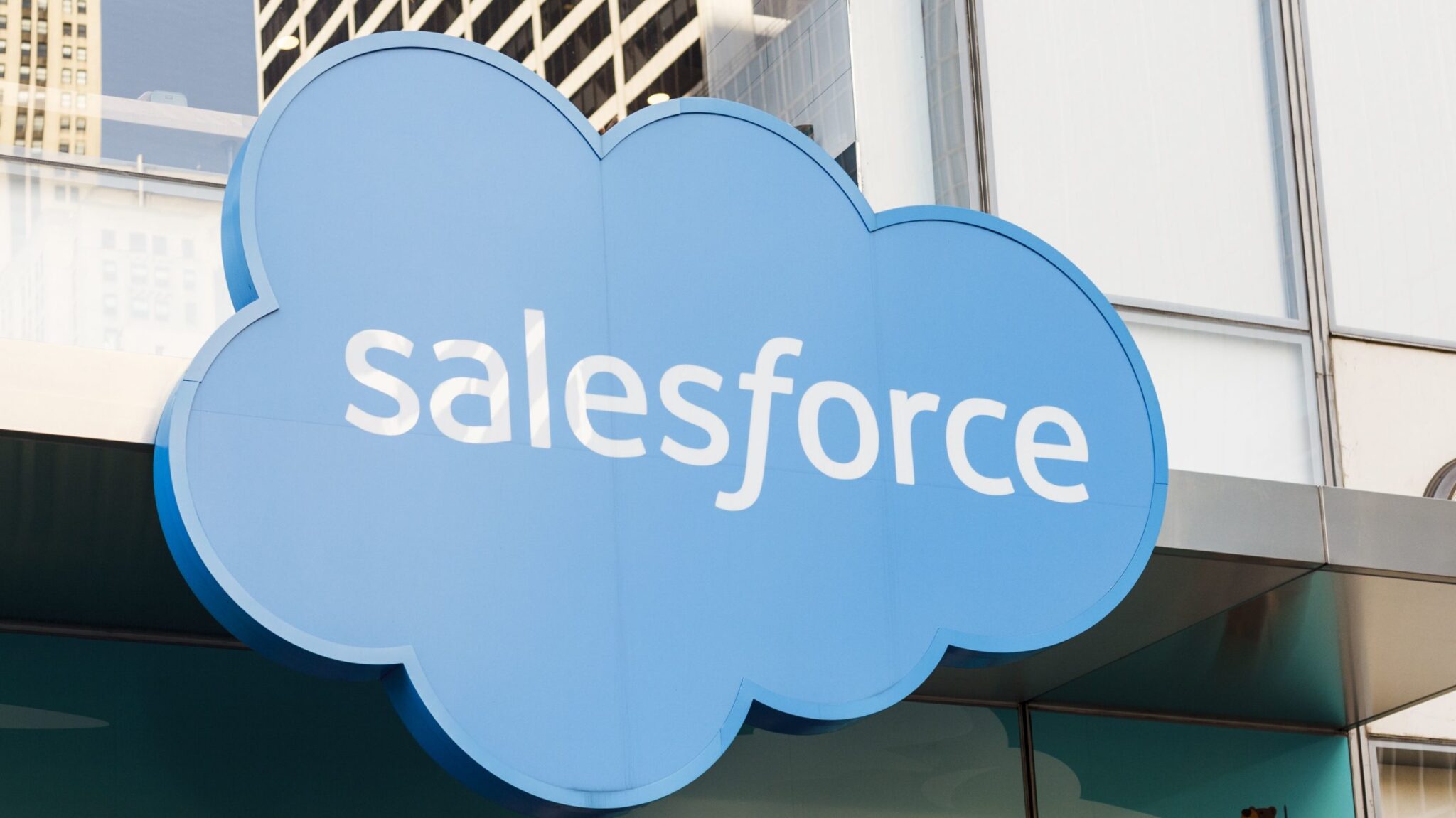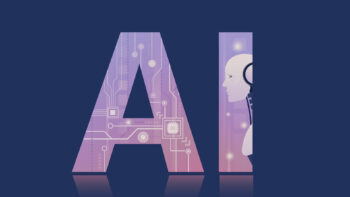Jeff Bezos, founder of Amazon, charts a vision of the future in which the gigawatt data centres powering the development of artificial intelligence leave Earth and move into orbit. In his view, this will happen in the next 10-20 years. The main argument is simple: constant and unlimited access to solar power in space will ultimately make such a solution more efficient than terrestrial infrastructure.
The forecast, presented at the Italian Technology Week in Turin, addresses one of the technology industry’s biggest problems. Earth-based data centres, especially those used to train advanced AI models, consume huge amounts of electricity and water for cooling. Moving them to orbit, where solar energy is available 24/7 without weather disruption, seems a logical step in the evolution of infrastructure.
Bezos sees this as a continuation of a trend that began with weather and communications satellites – using space to optimise life on Earth. The next step, after data centres, would be industrial manufacturing.
However, this vision faces fundamental technological and physical barriers. The biggest challenge is latency. Even at the speed of light, transmitting data from Earth to orbit and back generates latency that is unacceptable for many applications that require immediate response. Another hurdle is hardware maintenance and upgrades. Replacing a broken server or updating components in space would be an extremely complex and expensive operation, if at all possible on a large scale.
Add to the list of problems the high cost and risk of launching payloads, the threat from space junk and the need to develop effective heat dissipation systems in a vacuum.
Bezos compared the current AI boom to the internet bubble of the early part of the century, suggesting that even if there is a market correction, the fundamental benefits of the technology will remain. The same may be true of his space vision – although it seems distant today, it solves a real, growing energy problem that the AI industry will have to face.












